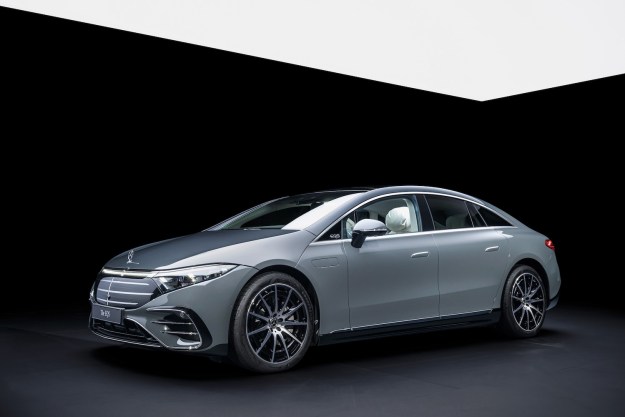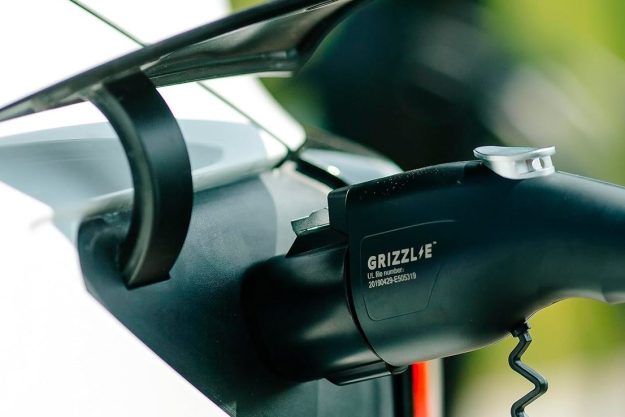
You need look no further than the recent prison sentence handed down to a couple in Troy, Michigan to gauge how high-stakes the world of global hybrid and electric vehicles (EVs) have become.
In a series of events that have played out more like a Hollywood espionage flick, a former General Motors engineer and her husband (above) have been sentenced to prison for conspiring to sell $40 million worth of GM’s hybrid technology to another company – namely, a Chinese car company.
According to the Detroit News, Shanshan Du, 54, and husband Yu Qin, 52, plotted to sell the vehicle technology to China’s Chery International, which has been exploring what Chery describes on its site as “limited” EV applications in three vehicles.
For the crime, the ex-engineer was sentenced to a year and a day in prison, and her husband, a three year term − after being found guilty in November for conspiring to steal GM hybrid trade secrets from December 2003 to May 2006.

While the government doesn’t believe the information ever made it to Chery Automobile, which is the largest domestic Chinese passenger-vehicle maker (according to Automotive News), prosecutors said proprietary GM hybrid information was found on computers owned by the couple.
During sentencing, U.S. District Judge Marianne Battani, said “This crime, though not a crime of physical harm … is a crime in which our whole community and whole economic system is a victim,” repots the Detroit News.
GM reportedly sought the maximum sentence of 10 years in prison.
“Protecting trade secrets from improper disclosure and use is important to GM and directly impacts the nation’s economic well-being,” GM said in a statement Wednesday, as reported by the Detroit News. “GM is pleased that the Court sent a message that such theft will be punished.”

Couple that with stricter fuel and emissions mandates on the horizon and more start-ups looking to cash in on the business, and there’s greater potential that others could be lurking to steal information that could lead to the next great battery pack or electric motor technology.
Hybrid and electric vehicle technology is quickly becoming one of biggest and potentially most lucrative things driving the auto industry.
A IDTechX market research study predicts that the industrial/commercial hybrid and electric vehicle sector, which falls second in value behind mainstream hybrids and EVs, will be worth $93 billion alone by 2023. Worldwide, electric vehicles are expected to reach 3.8 million annually by 2020, according to Forbes.
While maybe a bit extreme, it all makes you wonder – could hybrids and electric vehicles be on the verge of becoming one of the next big things when it comes to crimes involving technology and industrial espionage?


